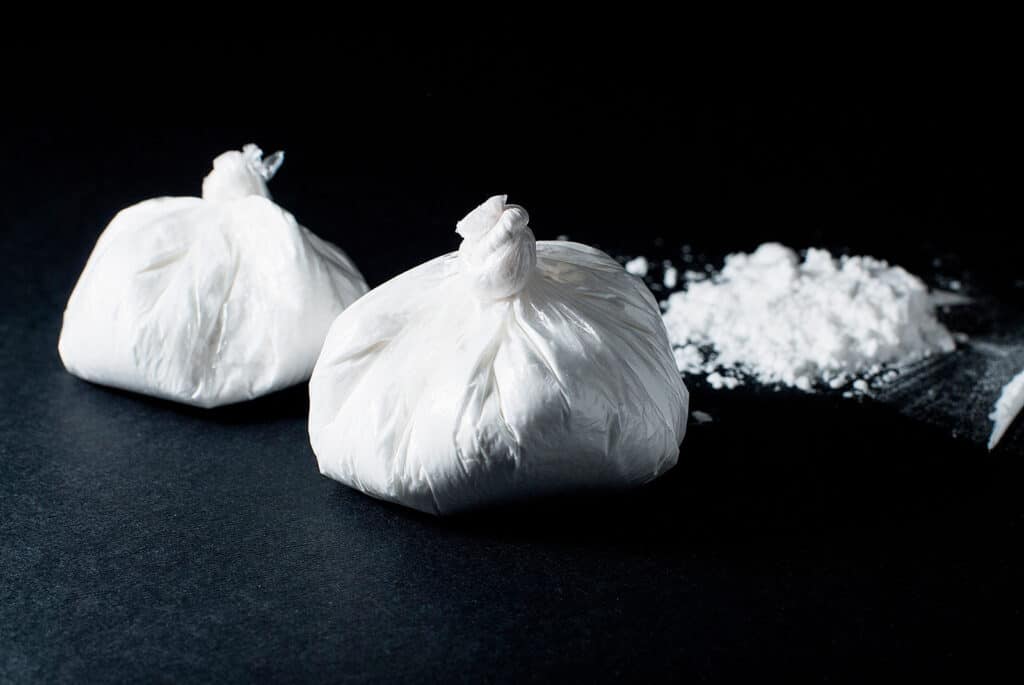Slowed thinking, exhaustion, restlessness, suicidal thoughts and actions, and difficulty concentrating. These are all symptoms of cocaine withdrawal, and it’s not easy to go through.
Many fall right back into the holds of addiction when trying to pull themselves out of it. That’s why it’s so important not to try and seek treatment on your own. There comes a time when medical detox is the only way.
That isn’t the only method to treat the problem, however. Keep reading to learn more about the full effects of cocaine withdrawal and how to treat it so you can beat the issue for good.
Table of Contents
Symptoms of Cocaine Withdrawal
Once you stop using cocaine, the euphoria that you are getting from it will start to fade slowly. Once it does, you’ll experience a series of horrible withdrawal symptoms that are primarily psychological such as, mental fatigue and depression.
Mental Fatigue
When you first stop using cocaine, you’ll go through a period of mental fatigue. During this time, you may find it harder to remember things, and you won’t be able to concentrate on even the most trivial of tasks.
If someone asks you a question, it will take you a long time to come up with an answer. The good news is that this side effect isn’t permanent, and you’ll have your cognitive function back after a few weeks or so.
Depression and Anxiety
Without having cocaine as a stimulus, you may start to experience depression and anxiety. This is especially true if you began cocaine use to combat mental illness in the first place.
The depression and anxiety symptoms can range from mild to pretty severe. Some people find it hard to get joy from anything at all during cocaine withdrawal, and some experience a series of suicidal thoughts.
People who experience the worst of these symptoms must seek counseling and enroll in a rehab center that offers dual treatment. We’ll get into that a little bit more later.
Increased Appetite
Cocaine causes metabolic changes in the body that stunts weight gain. Once you stop using it, your metabolism will kick into high gear again, and this can be a good or bad thing, depending.
It can help you get back to a healthy weight if you lost a lot during your cocaine use, but that might be a double-edged sword. When you’re going through withdrawal, you’ll experience low-energy symptoms, and it’s due to this that many see higher weight gain than they would like.
Other Common Symptoms
The symptoms above are the most common, but they’re not the only ones you may experience. Many display other extreme psychological behaviors such as agitation and restlessness. You might have horrible nightmares that keep you from getting the sleep you need, which will result in exhaustion.
Just because most withdrawal symptoms are psychological doesn’t mean you won’t see any physical ones at all. You may experience tremors, chills, nerve pain, and muscle aches.

Cocaine Withdrawal Timeline
The duration of cocaine withdrawal is different for almost everyone. It depends on how long you used the drug, how much you used at one time if you’ve developed a dependence on it, the environment and people you surround yourself with, and if you have any other mental or medical issues going on. We’re going to give you a basic timeline.
First Few Hours
Symptoms of withdrawal will start as early as the first few hours after you stop using the drug. You’ll become anxious, frustrated, and in some cases, hungry. Your cravings for cocaine actually won’t be too bad during the first few hours.
Week 1
As the first week goes on, your cravings will increase more and more. This is when the nightmares will start. It will be hard for you to fall asleep, so you’ll spend a lot of this week tired.
Weeks 2-4
The cravings will continue through to week four. During this time, your depression symptoms will be at their worst. You’ll continue to be irritable, and you’ll find that it’s not easy for you to concentrate on essential tasks.
Weeks 5-10
As you make it into week ten, your withdrawal symptoms will lessen, and your body will start the healing process. While you still might have some lingering cravings, they won’t be too bad.
Addiction Treatment
Unlike other drugs, there’s not a medication that can help you fight cocaine withdrawal. Your doctor might prescribe you something that will allow you to fight off the psychological issues we talked about and keep you mentally stable.
In most cases, using medication alone isn’t enough to help someone get through cocaine withdrawal, and that’s where medical detox comes in.
When is it Time for Medical Detox?
If you’ve had a relapse the last few times that you’ve tried to quit cocaine, it may be a good idea for you to think about medical detox. You’ll have 24-hour supervision to ensure that you complete your treatment.
A dual diagnosis center is necessary if your cocaine use was triggered by other mental health issues such as depression and anxiety. At one of these centers, you won’t only get treatment for cocaine abuse.
You’ll also get to see a counselor and seek help for mental illness as well. Other forms of treatment include group therapy sessions and psychotherapy.
Fighting Cocaine Withdrawal
Fighting the symptoms of cocaine withdrawal isn’t easy, and you’ll experience powerful mood swings and crippling depression and anxiety. It’s important to know that you don’t have to go through it alone.
Treatment centers such as ours are there to guide you on your journey to recovery. Check out our site for regular updates to learn how we can help.

